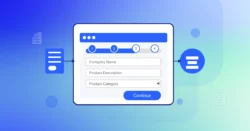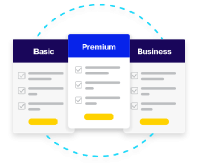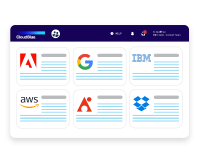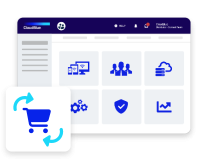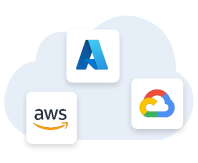Odd pricing, also known as psychological pricing, is a pricing strategy where a product or service is priced at an odd number, such as $49 or $99, rather than a round number, such as $50 or $100. This strategy leverages the psychology of consumers, who tend to perceive odd prices as being more attractive and lower than round numbers.
In the software-as-a-service (SaaS) model, odd pricing can help increase conversions and sales by making the pricing appear more attractive and affordable to potential customers. Additionally, odd pricing can also help to create a sense of urgency and scarcity by emphasizing that the product is only available at this price for a limited time.
For example, a SaaS company offering a monthly subscription at $29.99 instead of $30 might be perceived as more affordable and attract more customers. However, it’s important to keep in mind that odd pricing may not be effective for all SaaS products or customer segments, and should be evaluated based on the specific market and target audience.
Even pricing, also known as round pricing, is a pricing strategy where a product or service is priced at a round number, such as $50 or $100, rather than an odd number, such as $49 or $99. In this strategy, the price is rounded up or down to the nearest whole number or multiple of ten.
Even pricing is a simpler and more straightforward approach to pricing, as it makes the price easier to understand and communicate. It can also convey a sense of fairness and transparency, as the price appears to be rounded up or down without any hidden fees or charges.




